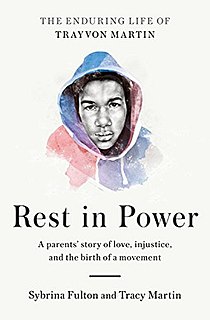A Quote by Ta-Nehisi Coates
When you have a policy of making sure that African Americans cannot build wealth, of plundering African American communities of wealth, giving opportunities to other people, it's only right that you might want to, you know, pay that back.
Related Quotes
Until African-Americans and Hispanics can get serious, not just about area studies, which are important, but also about science and technology, they're not going to generate that wealth and that job within those communities. And that has absolutely devastating consequences for the places where people live, for the jobs and for the wealth.
I don't regret the fervor, because I do believe, in the African American community but also for other communities, and I know from talking to people, for communities around the world, the election of an African American to the most powerful office on Earth meant things had changed, and not just in superficial ways. That in some irreversible way the world was different.
African Americans, in particular, saw their cumulative wealth crash. They used to have 10 cents on the dollar of the average white family. That 10 cents on the dollar that the African American family used to have crashed down to 5 cents on the dollar, given the focus of predatory lending on the African American community and the degree to which they were really devastated by the foreclosure crisis. So yeah, I think there is a lot of disappointment out there.
I would definitely like to see the education process more enhanced in African-American communities, because we need to be educated on laws that are relevant to our communities and our people, as well as to any other ethnic groups. A broader view of how people perceive African-American boys and girls in this country is what I'd like to see.































